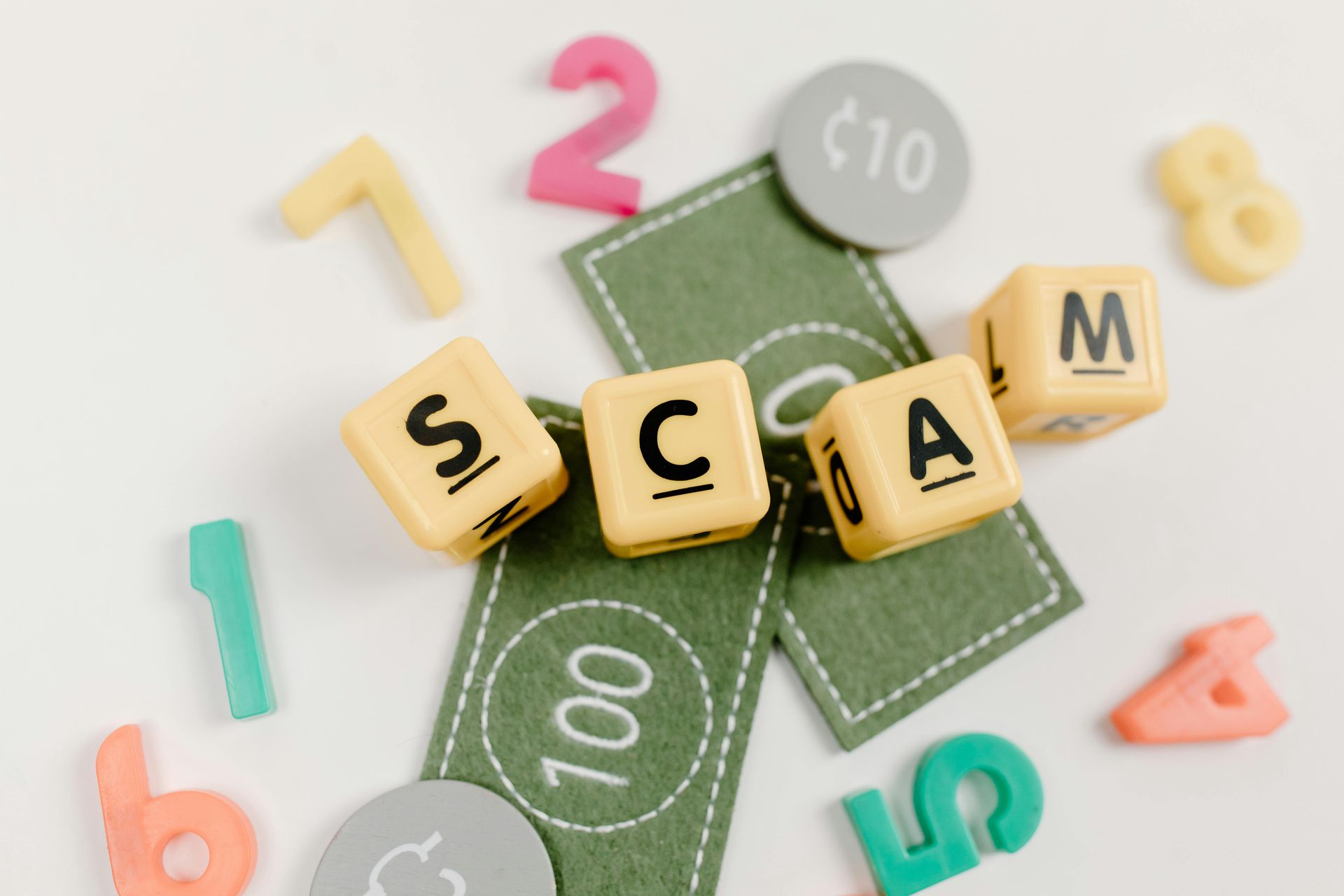Password Safety Made Simple: How to Create Strong Passwords You Can Actually Remember
Password Safety
Do you use the same password for multiple websites? Maybe something easy like “123456” or your pet’s name? If so, you’re not alone—but you could be putting your personal information at risk.
One of the easiest ways for cyber-criminals to break into your accounts is by guessing weak or reused passwords. The good news? Creating strong, safe passwords doesn’t have to be difficult.
In this post, we’ll show you how to protect yourself online with better password habits—step by step.
Why Passwords Matter
Your password is like the key to your digital front door. If someone else gets in, they can:
- Read your emails
- Access your bank account
- Order things in your name
- Steal your identity
All of this can happen silently—without you even knowing—until it’s too late.
The 3 Biggest Password Mistakes Seniors Often Make
- Using the same password everywhere
If a scammer guesses one, they can get into all your accounts. - Using easy-to-guess passwords
Examples: "password," "abc123," "qwerty," your name, or your birth date. - Writing passwords down in plain sight
A list taped to your computer is an open invitation to anyone nearby.
How to Create a Strong Password (That You Can Remember)
A good password is:
- Long (at least 12 characters)
- Unique (don’t use the same one more than once)
- A mix of letters, numbers, and symbols
Here’s a tip to make strong passwords easier:
Use a passphrase.
Think of a sentence only you would know, like:
“I drink 2 cups of coffee every morning!”
- Now turn it into a password by taking the first letter of each word and mixing in numbers and symbols:
Id2cocEM!
- This is a strong password that’s easier to remember than a random string of characters.
Should You Use a Password Manager?
If you find it hard to remember lots of passwords, a password manager can help. It’s a secure app that remembers all your passwords for you. You only have to remember one main password.
Some popular (and safe) password managers include:
- NordPass
- 1Password
- Bitwarden
- Dashlane
Just make sure to write down your master password and store it in a safe place (like a locked drawer).
Bonus Tips for Password Safety
- Never share your passwords over email or the phone—even with someone claiming to be from your bank.
- Don’t save passwords in your browser if your computer is shared with others.
- Turn on “two-step verification” (also called two-factor authentication) for extra protection—this adds a code sent to your phone when logging in.
Final Thoughts
You don’t need to be a computer expert to protect your personal information. With a few small changes—like using strong, unique passwords—you can stop cybercriminals in their tracks.


